I recently came across this Hafiz quote from Daniel Ladinsky’s book Love Poems from God:
God said, “I am made whole by your life. Each soul, each soul completes me.”
This struck me because we don’t tend to think about God’s need for wholeness or God’s own feelings. In my Evening Examen, rather than inviting pray-ers to imagine God coming into their presence, I ask the listener to see through God’s eyes, as God allows you to come into God’s presence. And then the listener is invited to imagine God experiencing the feelings you did that day. It’s quite a different perspective, to see yourself and your life as a part of God’s life.
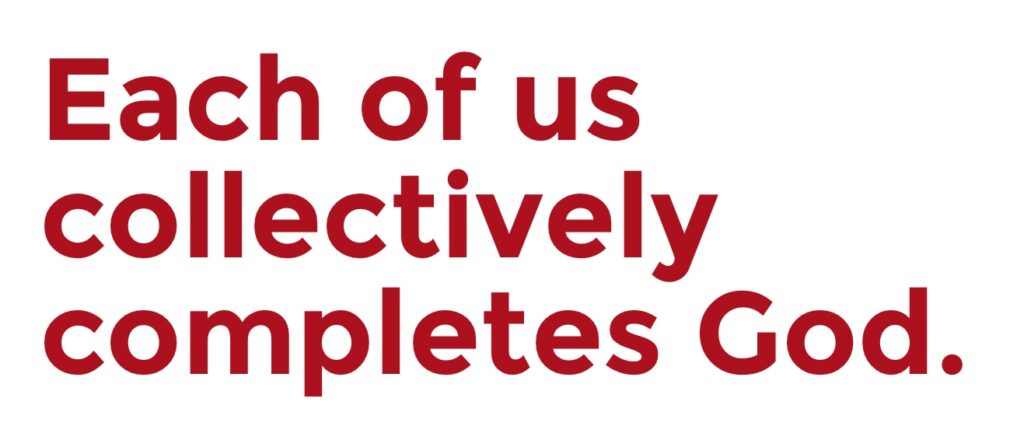 Union with God
Union with God
The Hafiz quote isn’t really about God’s need for wholeness. God is already whole. Rather, it speaks the truth that we are a part of God. Each of us collectively completes God. And each of “us” is really everything, all creation, living in union with its Creator. Do we act as if God is not existence itself? As if God is separate from us? Richard Rohr notices the popular perception of God: “God is fashioned in our human and cultural image and related to as a separate Being from humanity, a sort of Santa Claus figure who lives at the North Pole, is usually male, and is invariably quite judgemental and even punitive.” When you think of God, what do you feel? Do you perceive God as a more separate being or more a part of you?
When the young Samuel is called by God in the night he responds, “Here I am.” Mary responds similarly when the Angel of the Lord comes to announce her role as the Mother of God: “Here am I, the servant of the Lord.” The psalmist says, “Here I am, … I delight to do your will, O my God” (Ps. 40). When we find ourselves in the divine flow, in sync with God’s desires, and in union with God, we present ourselves fully: Here I am. In some way, we share God’s name, the name God shared with Moses: I AM. Can we recognise, especially in these moments of consolation—where we’re moving toward God—that we are actually part of God?
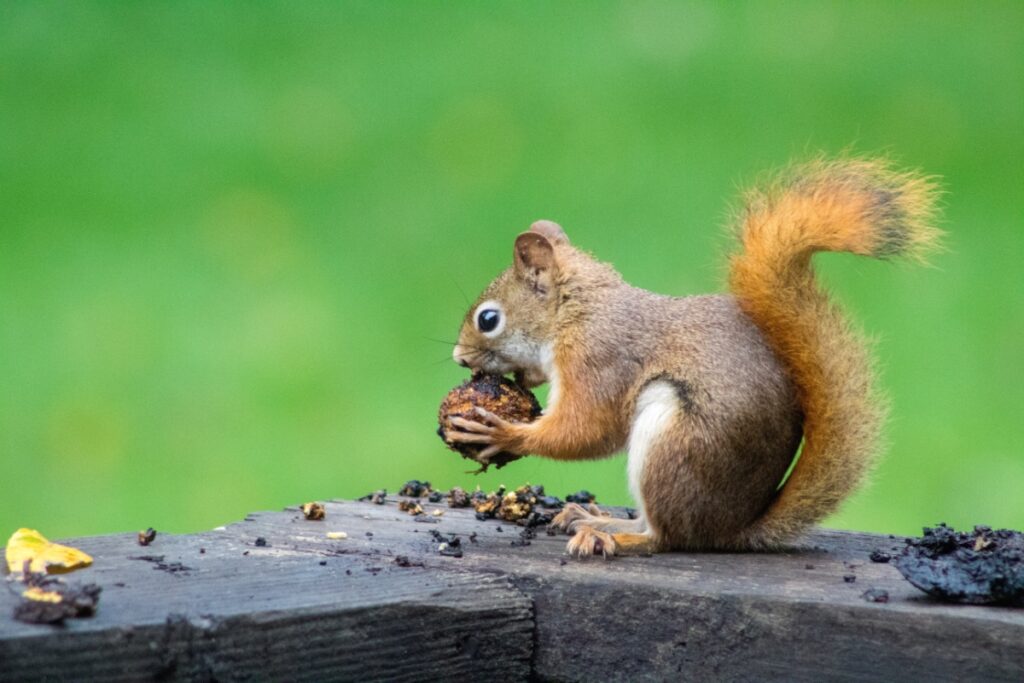 All Things in God
All Things in God
God in all things also means all things in God. We forget our divine role and what union really means. Christians tend to focus on Jesus’ divinity and on our humanity, when in reality Jesus is not the only one with a dual nature. We are also human and divine! Not in the sense that we are God, but that we are in God. This is the divenisation that is important to Eastern Christianity. Irenaeus said, “[Christ] was made human so that he might make us gods.” Jesus said he is the vine and we are the branches. Paul said, “And the secret is that Christ is in you, which means that you will share in the glory of God.” (Col. 1:27b). In the Catholic Communion rite the priest says, as he pours some water in the wine, “By the mystery of this water and wine may we come to share in the divinity of Christ who humbled himself to share in our humanity.” See how even the Sacraments symbolise this reality? There is this profound union at the centre of the Christian mystery that we miss when we separate ourselves so far from Jesus that his humanity is diminished and our godliness is forgotten.
Ladinsky’s Love Poems from God, includes a beautiful one inspired by St Francis of Assisi, called “The Sacraments”:
I once spoke to my friend, an old squirrel, about the Sacraments—he got so excited
and ran into a hollow in his tree and came back holding some acorns, an owl feather, and a ribbon he had found.
And I just smiled and said, “Yes, dear,
you understand:everything imparts His grace.”
This is what the sacramental worldview is for Catholics. It’s not about sacred or profane, unholy or divine. All things are sacred. And we are part of the sacred realm, here and now. The Kingdom is at hand. Your soul completes God. Hopefully this truth will help us open ourselves to this divine union and say, “Here I am.”
Related posts:
Listen to the podcast version of this post…



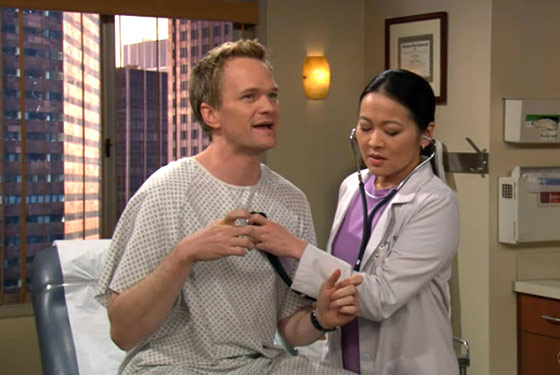
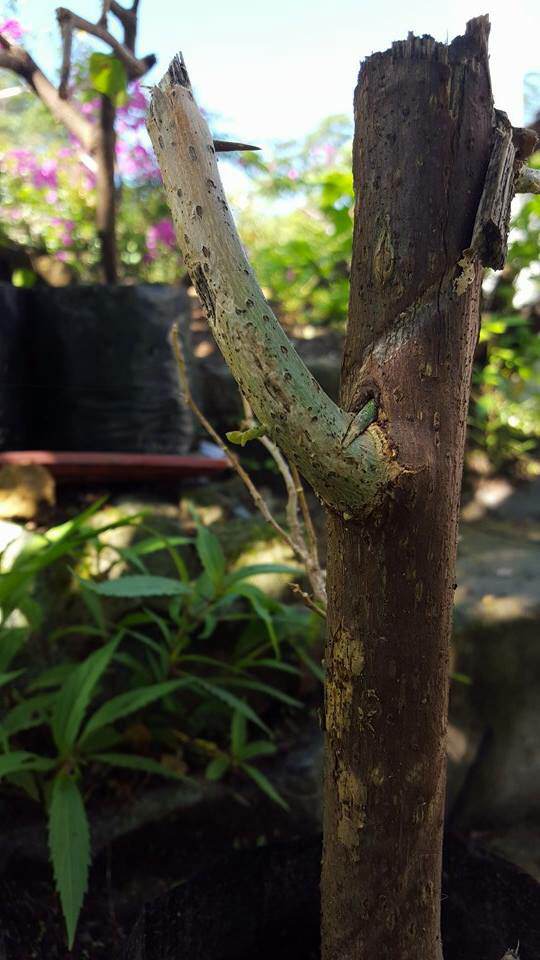
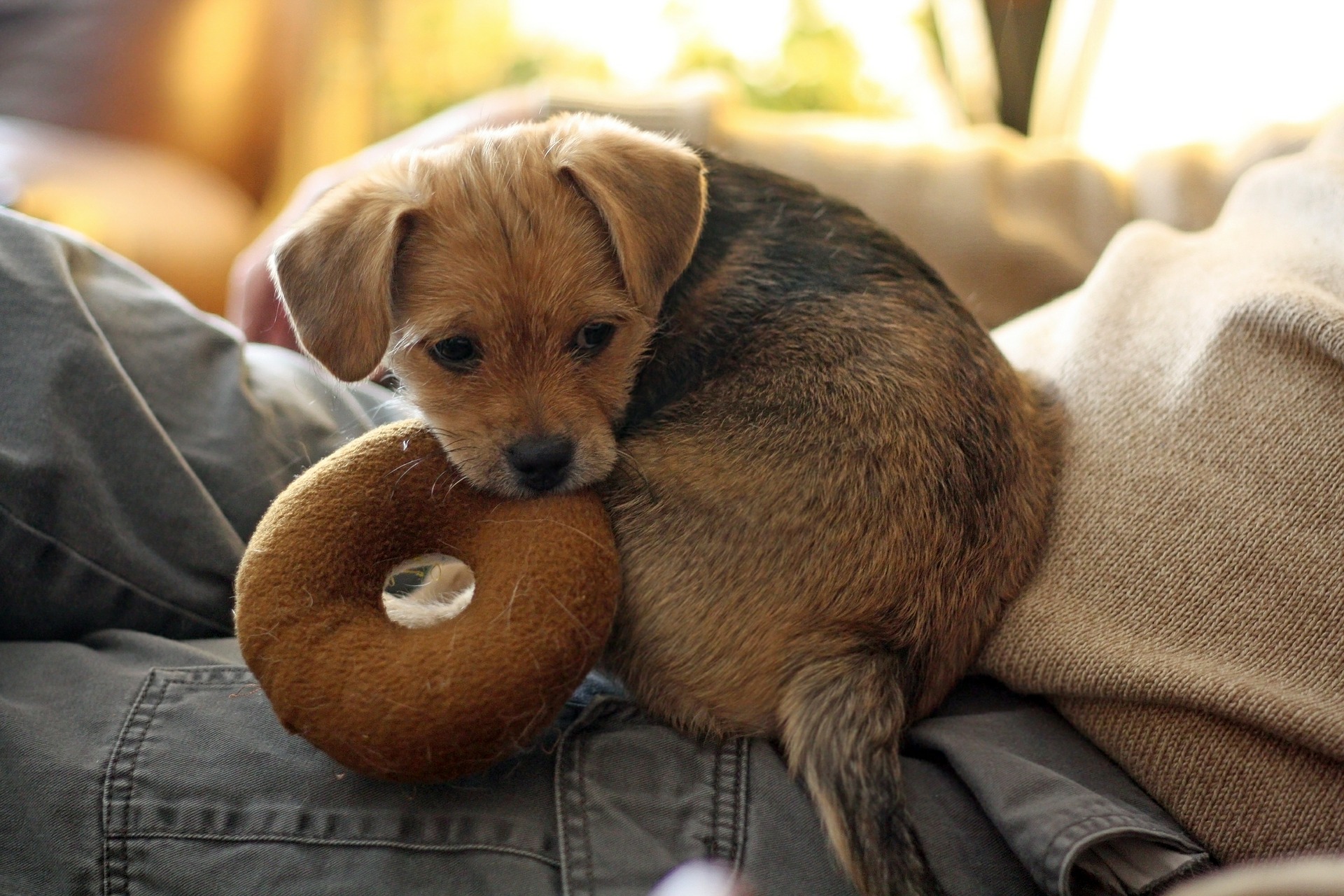



Awesome and beautifully stated.
This is beautiful. I never thought of it this way. Thank you, very interesting, and gives me soul searching.
I really like this posting! Thank you Andy. I look forward to reading more from you.
I believe that it was St Athanasius (not St. Irenaeus) that was the author of the quote – God became man so that man might become god.